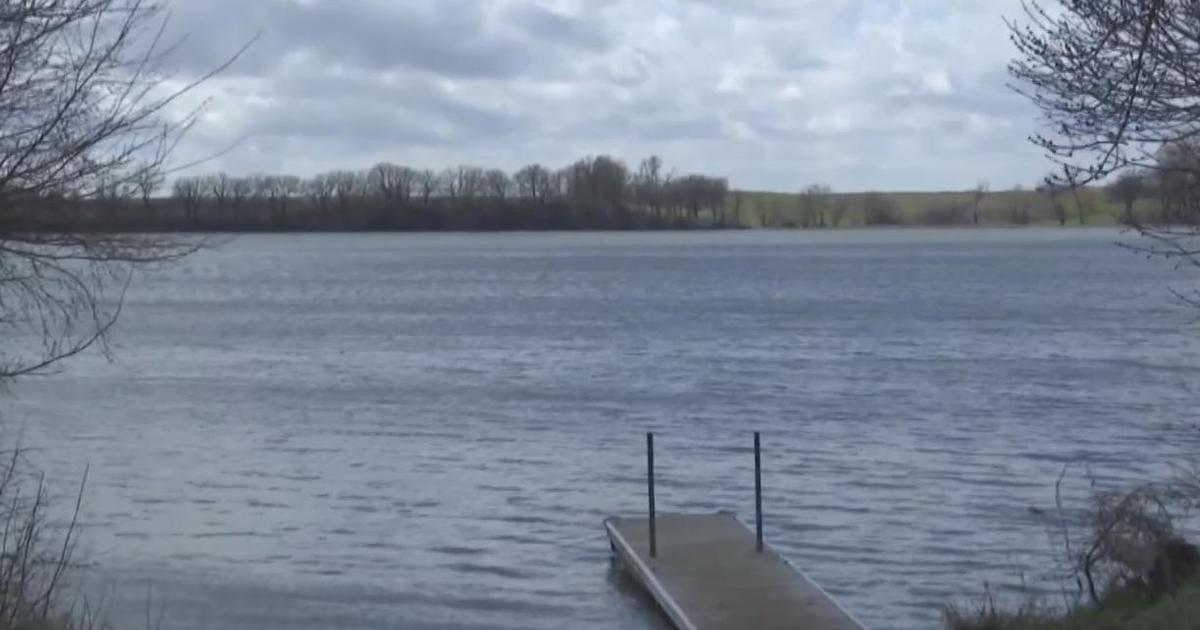Water Standard Delayed On Wild Rice Issue
MINNEAPOLIS (AP) -- Environmental groups are upset over a provision in Minnesota's new budget that will delay enforcement of a water quality standard meant to protect the state's wild rice beds.
The agreement that ended the state government shutdown calls for a $1.5 million study into whether the 1940s-era standard needs updating. It limits sulfate discharges into wild rice-producing waters to 10 milligrams per liter, but supporters of copper-nickel mining -- a process that produces sulfates -- question whether it's still valid.
Ojibwe bands have kept a close eye on the fight because they consider wild rice to be a sacred gift that's central to their cultural identity.
Lawmakers who helped craft the environment bill that passed in last week's special session say it should satisfy most groups, but environmental groups don't consider it a compromise.
"It's a betrayal," said Paula Maccabee, a lawyer with WaterLegacy. "What the Legislature did to the environmental community and citizens of Minnesota is a betrayal."
Betsy Daub, policy director for Friends of the Boundary Waters Wilderness, said it sets a bad precedent. The existing standard is based on good science and should be enforced, she said, but industry now has an indefinite pass until the study and rulemaking are done.
The issue came to a head because Polymet Mining Corp. and other companies are planning copper-nickel mines that could create hundreds of jobs in northeastern Minnesota.
While Polymet says it can meet the 10-milligram standard, the Minnesota Chamber of Commerce turned to the Legislature and the courts to challenge the limit, a lawsuit that is still pending.
The new law sets no deadline for finishing the study or issuing new regulations. But it instructs the Minnesota Pollution Control Agency, to the extent federal law allows, not to require companies, wastewater treatment plants or other discharge permit holders to spend money on sulfate treatment technologies until the new rules are enacted. Supporters of the new law have said the old limit went largely unenforced anyway.
It's not clear if the changes will pass muster with the federal Environmental Protection Agency. Tinka Hyde, director of the EPA's regional water division in Chicago, expressed concern in a letter to legislators in May. On Wednesday, regional spokeswoman Phillippa Cannon said the EPA was still reviewing the legislation and can't comment yet.
Rep. Denny McNamara, R-Hastings, chairman of the House environment committee, said it wouldn't be prudent to ask plants to spend a lot of money to comply with a standard that might change. Once the proper level is determined, he said, everyone will be obligated to comply.
Tom Howes, the Fond du Lac Band's natural resources manager, said the tribe is glad the study, long in the planning stages, will go forward. He said the gap in enforcement is "not ideal" but he was encouraged lawmakers decided to study the issue rather than arbitrarily raise sulfate limits as earlier versions of the legislation would have done.
The MPCA is determining how to proceed with its study and expects to move quickly, said Shannon Lotthammer, manager of the agency's water assessment section.
John Pastor, a University of Minnesota Duluth professor who studies wild rice and says he expects to be involved with the study, said he expects it will take six years to get definitive answers. But he said a faster solution might be to set an interim standard after two years of research, then setting a final limit once all the science is in.
"It may not be the answer people would like to hear, but we'll get the answer," Pastor said.
(© Copyright 2011 The Associated Press. All Rights Reserved. This material may not be published, broadcast, rewritten or redistributed.)



